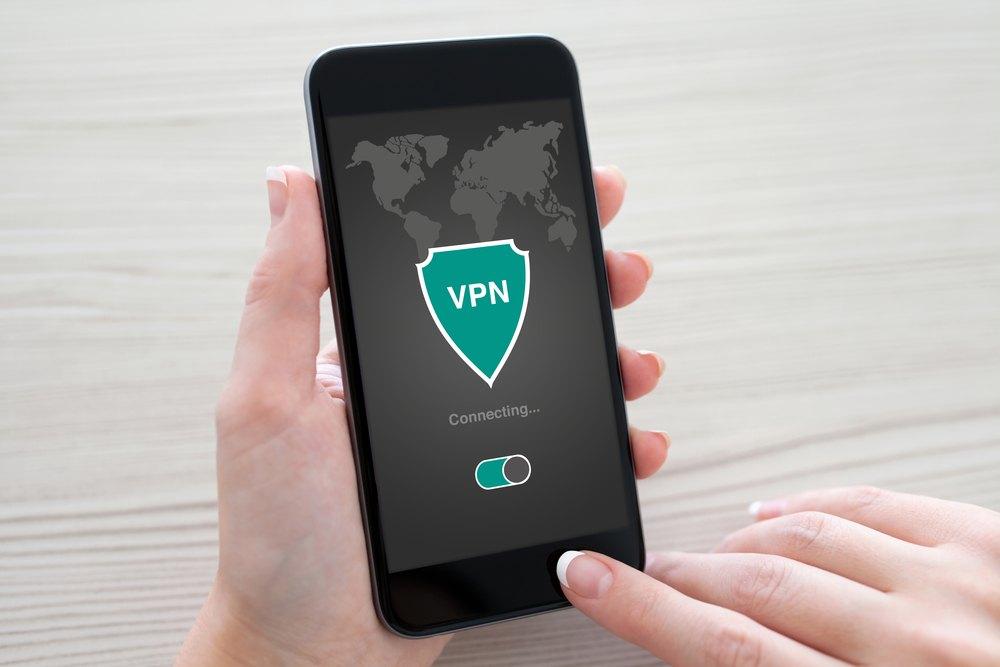In an era where digital privacy and security are paramount concerns, the use of Virtual Private Networks (VPNs) has become increasingly popular. VPNs offer a layer of protection against various online threats, but they also come with their own set of advantages and disadvantages when used on Android smartphones. In this article, we will delve into the pros and cons of using a VPN on your Android device.
Pros of Using a VPN on Your Android Smartphone:
1. Enhanced Online Privacy:
When you connect to a VPN server, your internet traffic is encrypted and routed through a secure tunnel. This shields your online activities from prying eyes, including hackers, ISPs, and government surveillance, thereby safeguarding your privacy.
2. Bypassing Geo-Restrictions:
VPNs allow you to access geo-restricted content by masking your real IP address and making it appear as if you're browsing from a different location. This can be handy for accessing streaming services and websites unavailable in your region.
3. Public Wi-Fi Security:
Public Wi-Fi networks are often unsecured, making them vulnerable to cyberattacks. Using a Android VPN on your smartphone while connected to public Wi-Fi adds an extra layer of security, making it harder for hackers to intercept your data.
4. Protection from Malware and Phishing:
Some VPNs offer built-in features to block malicious websites and phishing attempts. This can protect you from inadvertently downloading malware or falling victim to online scams.
5. Anonymous Torrenting:
If you're into torrenting, a VPN can help mask your IP address and keep your torrenting activities anonymous. However, be aware that not all VPN providers support or condone torrenting.
Cons of Using a VPN on Your Android Smartphone:
1. Reduced Internet Speed:
VPNs can slow down your internet connection due to the encryption and routing processes. The extent of speed reduction depends on the VPN provider and the server you're connected to.
2. Potential for Unreliable VPN Services:
Not all VPN providers offer the same level of service quality. Some free VPNs may compromise your data privacy, while others may have downtime or connection issues.
3. Battery Drain:
Running a VPN on your Android smartphone continuously can consume additional battery life. This can be a concern, especially on older devices with limited battery capacity.
4. Cost:
Premium VPN services often come with a subscription fee. While some offer free plans, they may come with limitations, such as slower speeds or data caps.
5. Legal and Trust Issues:
Some countries have restrictions on VPN usage, and using a VPN for illegal activities remains illegal. Additionally, trusting a VPN provider with your data requires careful consideration of their privacy policies.
Conclusion:
Using a VPN on your Android smartphone can be a powerful tool to protect your privacy, access restricted content, and enhance your security while using public networks. However, it's essential to choose a reputable VPN provider, weigh the advantages against the disadvantages, and be mindful of the potential trade-offs, such as reduced speed and battery drain. Ultimately, the decision to use a VPN should align with your specific needs and concerns regarding online privacy and security.
